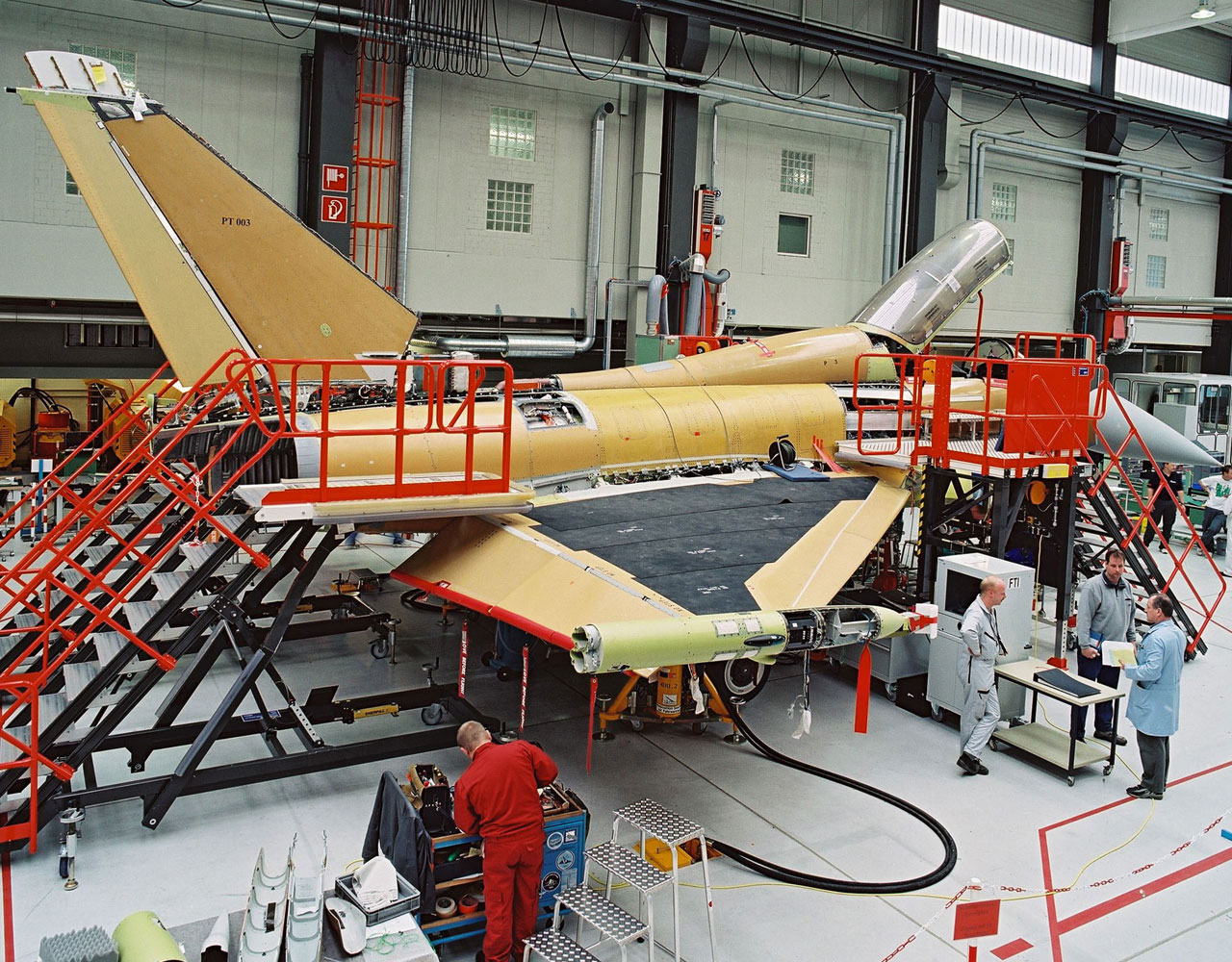

Qt and respective logos are trademarks of The Qt Company Ltd.
#Rebaslight supported platforms software
The documentation provided herein is licensed under the terms of the GNU Free Documentation License version 1.3 as published by the Free Software Foundation. To the maximum extent permitted by applicable law, The Qt Company on behalf of itself and its suppliers, disclaims all warranties and conditions, either express or implied, including, but not limited to, implied warranties of merchantability, fitness for a particular purpose, title and non-infringement with regard to the Licensed Software.ĭocumentation contributions included herein are the copyrights of Please note that Qt is offered on an "as is" basis without warranty of any kind and that our products are not error or bug free. Meanwhile, there is a deployment article for summarizing the deployment procedure in general. The deployment procedure for each platform is different and they are covered in greater detail in their platform pages. The documentation for each module contains detailed information about any exceptions the module has from the general platform and configuration support as described on this page. For example, as Qt WebEngine has Chromium as a third-party dependency, platform or configuration limitations upstream also apply to Qt WebEngine. Individual modules might be available only on some platforms, or they might not support all configurations. However, the intention is to provide the most widely-used reference configurations for the developer's convenience. Note: All the supported configurations are not provided as binary packages in the Qt installer. For more information, visit the Getting Started with Qt page.
#Rebaslight supported platforms download
You can download the Qt 5 installers and source packages from the Downloads page. The Qt Company, Qt partners, open source projects and community users are also able to provide assistance with various different platforms and configurations. The Qt Company provides support for the officially supported platforms and configurations. The reference configurations are subject to change during the lifetime of a Qt release. However, Qt may run on configurations other than those actively tested on, and additional configurations may be raised to tested state, if sufficient effort is made to bring continuous integration to an acceptable state for that particular configuration. Significant errors discovered in tested configurations can impact release dates.Īny configurations not listed above are not actively tested by the Qt Project. Errors or bugs discovered in these platforms are prioritized for correction.


They are subjected to unit test suite and other internal testing tools on a frequent basis (prior to new version releases, source tree branching, and at other significant period points in the development process). Reference configurations are the primary focus of development. Embedded Platformsįor embedded platform support, including Embedded Linux, INTEGRITY, QNX, and VxWorks, please consult the Qt for Device Creation documentation. Browsers often blacklist WebGL for older/unsupported GPUs. Note: Qt has a fixed WebGL requirement, also for apps that do not use WebGL directly. For support information for prior Qt releases, please consult the relevant version in the Qt Documentation Archives.Ĭonfigurations in bold are Reference Configurations. The following platforms are supported in Qt 5.15. In Qt 5 all platforms are created using the Qt Platform Abstraction (QPA), which makes it easy to port Qt into a new operating system. Widgets can be used without hardware acceleration. Open GL (ES) 2.0, DirectX 9 or 11 (with ANGLE), or an alternative renderer is required for Qt Quick 2. Qt is supported on a variety of 32-bit and 64-bit platforms, and can usually be built on each platform with GCC, a vendor-supplied compiler, or a third party compiler as indicated in the overview below. Using Qt, you can write GUI applications once and deploy them across desktop, mobile and embedded operating systems without rewriting the source code. It is developed by The Qt Company, together with the Qt Project Community under an open source governance model.

Qt is a commercial and open source licensed cross-platform application and UI framework.


 0 kommentar(er)
0 kommentar(er)
